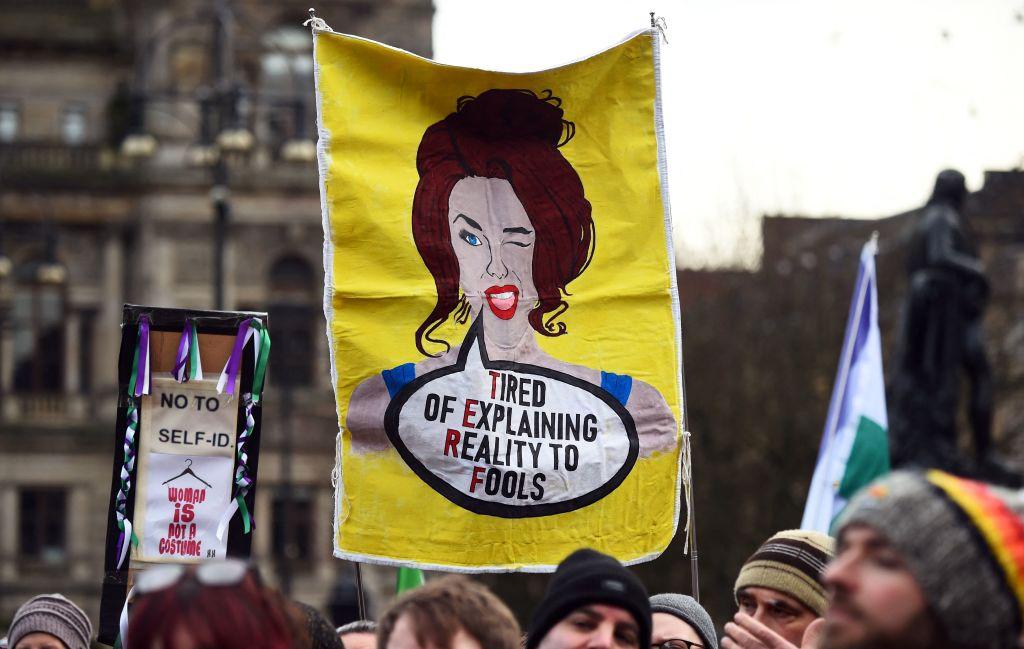The UN special rapporteur for Violence Against Women and Children, Reem Alsalem, has continued calls for law enforcement to protect gatherings of women rallying against transgender-identifying individuals from entering female-only spaces.
“I am concerned by the shrinking space in several countries in the Global North for women and feminist organisations and their allies to gather and/or express themselves peacefully in demanding respect for their needs based on their sex and/or sexual orientation,” she said in a statement.




